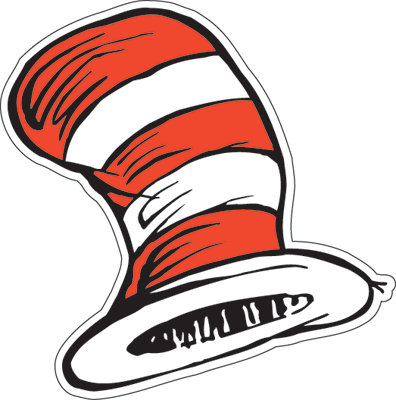Students in my SEL course shared a variety of books and apps related to ideas and themes of Social Emotional Learning. I have pulled a few samples from their recommendations to share books related to diversity and inclusion. Leave your favourites in the comments to share.
Book / App | Age/Grade Level | Description and Usefulness |
A Kids Book About Racism | Grades 1 - 4 | In this book you'll find a clear description of what racism is, how it makes people feel when they experience it, and how to spot it when it happens. Though racism is a big and heavy topic, it is never too early to start having conversations around it, especially with the Black Lives Matter movements happening worldwide over the past couple months. This book could be used as an intro to this topic and to formulate a class definition of racism. |
Amina’s Voice | Ages 9+ | Amina, a Pakistani-American Muslim, struggles with whether she should hide her true self to try and fit in and be more American like her best friend has done, as she copes with middle school drama and a devastating vandalism attack on her local mosque. Teaches about the value of multiculturalism, diversity, social awareness, self-awareness in society. |
Malala’s Magic Pencil | Intermediate- Secondary | This book follows the character, Malala, who dreams of having a magic pencil to add/erase things in her life. She then begins to realize this power could do great things and could help the world. This book could be used to teach students how the little inconveniences in our lives are so miniscule compared to other struggles around the world. A good idea would be to read this book before starting a class-wide project to give back to the community and learn about world-wide current events. |
Teaching Tolerance App | K-12 | This is a thought-provoking classroom resource that supports diversity education. It is an invaluable tool to help reduce prejudice and encourage tolerance in schools, as well as within society as a whole. https://www.tolerance.org |
Facing History and Ourselves App | Grades 6-12 | This has valuable materials that empower students to understand and address difficult ethical choices – past and present. They believe that facing history fosters empathy and reflection, improved students’ academic performance, and supports safe and inclusive schools. https://www.facinghistory.org/our-work |
Finding Home - A Refugee’s Journey | Age 13+ | This show a Refugee’s Journey which portrays the experience of being a teen refugee in Malaysia. The app shows users what the experience of being a teen refugee would be like. This could be used when we talk about the global refugee crisis. https://www.commonsensemedia.org/app-reviews/finding-home-a-refugees-journey |
Global Oneness Project | Grade 9-12 | Interdisciplinary stories that highlight universal themes with a humanistic lens. They connect through stories based on ideas such as climate change, water scarcity, food insecurity, poverty, endangered cultures, migration and sustainability. All issues that we deal with in a SS9/SS10 classroom. https://www.globalonenessproject.org/# |
Skin Again - Bell Hooks | K - Grade 3 | A helpful book teaching not to assume things because of how people look on the outside and the importance of getting to know people first. The words and message are simple and clear. Great for social skill development and inclusion. Key Questions: Can we tell who people are and what they are like from their appearances? What is important about us? What would it be like if everyone was the same? |
Emmanuel’s Dream by Laurie Ann Thompson and Sean Qualls | K-12 | In this book (based on a true story), Emmanuel Ofusu Yeboah from Ghana is born with one functioning leg and has been dismissed by society. However, his mother constantly reminds him to never let his impairment stop him from doing things other people do. After his mother falls ill and eventually passes away, he is determined to spread his message that disability does not mean inability, as he cycles through Ghana. This book teaches the importance of having courage, strength, and determination and how our differences do not make us inferior or less important to others. |
Grades K – 3 SEL topics: Social Awareness & Relationship Skills | “Nell eats fish for breakfast, she doesn’t hug or kiss, and she does NOT want to be called grandma. As her great- granddaughter slowly learns more about Nell’s life, she finds ways to connect with her prickly great-grandmother.” This would be a great book to focus on at the beginning of the school year with making connections. Looking at how we may not think we have anything in common with people at first (or second) glance but in fact there is a lot we don’t know under the surface. There is a great activity where the students go around the class and ask a list of student generated questions to each other. Once finished we make a bulletin board of pictures of each student with their answers to the questions. String is then connected from each student to another who shares that connection. It is a wonderful visual of how we all connect. |
K-7 | This beautifully illustrated book explores the different perspectives of people from around the world. How we are different but inherently the same. Focuses on inter-connectedness, diversity and how everyone matters |
K-3 | This is a lovely book about a bond between a Father and a Son. The book shows what it is like to be brave and why it is important to try new things with a focus on courage and building confidence. |
The Hate U Give – by Angie Thomas (Novel) | High School | This is the true story of a 16 year old girl Starr who lives in a poor neighborhood but attends an upscale suburban prep school. She witnesses the shooting of her childhood friend at the hands of a police officer. He was not armed. Starr has difficult choices to make and pressures to handle as she was the only witness to the shooting. The story focuses on resiliency, honour, decision-making, racism and truth. |
The Night Diary by Veera Hiranandani (Novel) | Middle School | “Set in 1947 India, Veera Hiranandani’s book traces the journey of 12-year-old twins Nisha and Amil, who live with their father, their grandmother, and a housekeeper named Kazi. The family is Hindu, Kazi a Muslim. At the end of British rule, the family lives in what will become Pakistan and must get to India, but Kazi can’t go with them. They make a grueling walk to safety, almost losing their lives.” https://www.penguinrandomhouse.com/books/549250/the-night-diary-by-veera-hiranandani/
The Night Diary won the 2019 Newbery Award. The story is a true account of events of that time and contain themes related to perseverance, decision-making, religion, ethnicity and trust. According to reviews, this is a great book for discussions around these issues. |

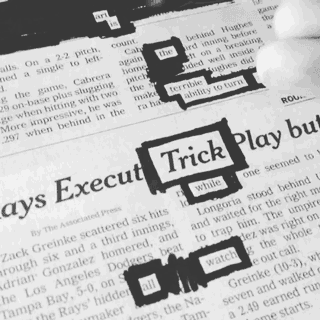
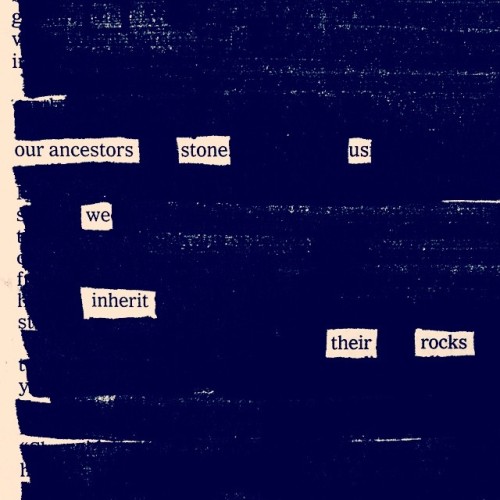
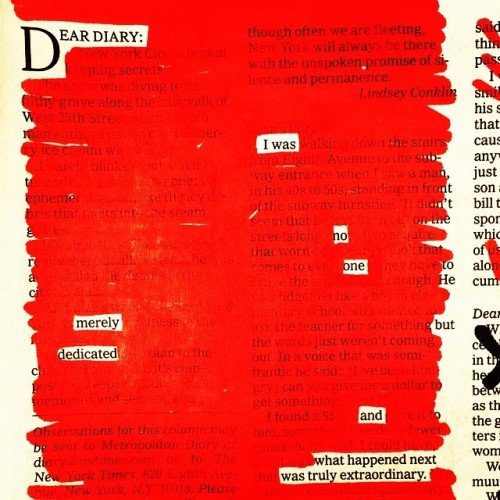
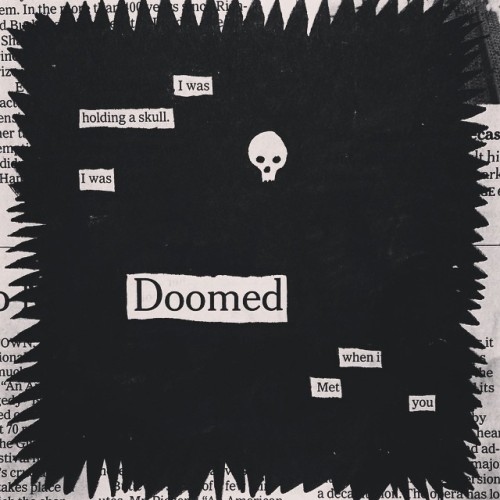
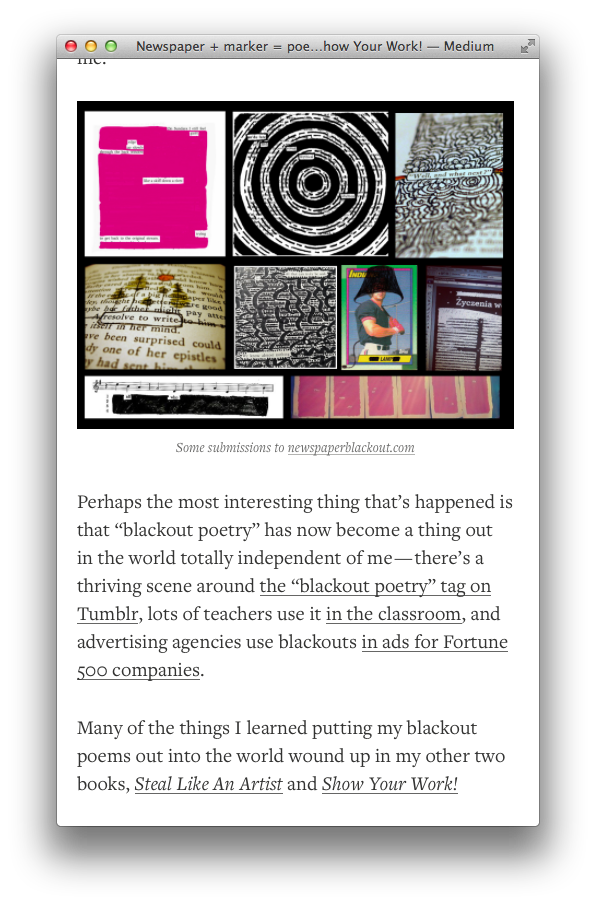




.JPG)
.JPG)



